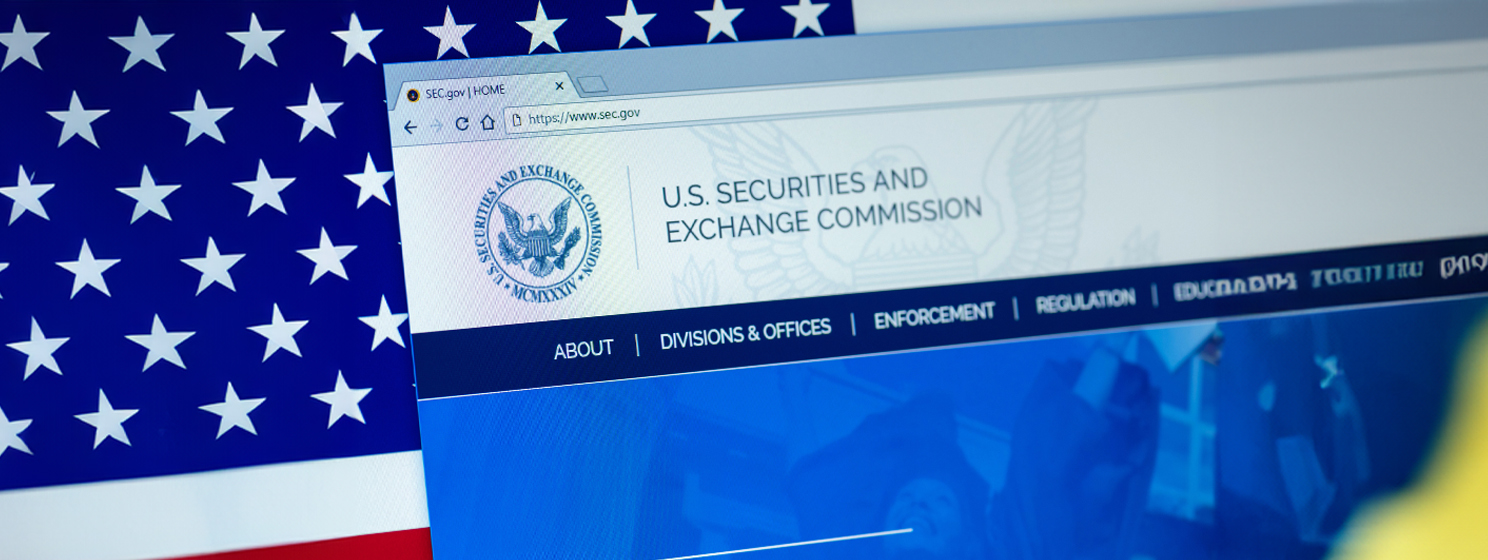
|
Getting your Trinity Audio player ready... |
A United States legislator has proposed a bill requiring blockchain implementation at U.S. borders for security and efficiency.
Rep. Nancy Mace (R-S.C.) introduced the bill this week to “cut the red tape and modernize border security.” The bill, titled ‘Border Security and Blockchain Technology Act,’ is co-sponsored by Rep. Byron Donalds (R-Fla.).
🌐 Our latest bill introduces a public blockchain platform for CBP to cut the red tape and modernize border security. This tech will simplify document checks, track goods, and manage staff far more efficiently. https://t.co/18W5nuMw0X
https://t.co/d5iJrGqH9D— Rep. Nancy Mace (@RepNancyMace) May 8, 2024
Under the new bill, the Department of Homeland Security (DHS) would be mandated to implement blockchain in activities such as tracking and managing goods and conducting verification.
Mace, who chairs the House Oversight Committee on I.T., believes that blockchain can reduce fraud, improve the tracking of goods, and increase efficiency with the deployment of border personnel by the U.S. Customs and Border Protection (CBP).
Additionally, the bill requires the use of smart contracts to store and share data between the federal government and international border control authorities. Blockchain would also store sensitive data such as visa information, biometric data, and customs documentation.
CBP is no stranger to blockchain. It has been experimenting with the technology for over four years. One such pilot in 2020 focused on using blockchain to protect intellectual property rights on imports; the technology allows secure data exchange between CBP and manufacturers, retailers, and importers.
Last year, the CBP published a request for information on distributed ledger technology (DLT) solutions available in the commercial marketplace. While it made no commitment, the agency said it was exploring DLT solutions for its Automated Commercial Environment (ACE) digitalization efforts. ACE handles all the agency’s trade processing data.
“The CBP’s initial findings and prototypes have shown significant promise in using blockchain to secure and streamline border operations,” commented Mace.
“With this new legislation, we intend to transform these early initiatives into a comprehensive, secure, and efficient infrastructure that will address the crisis at our southern border.”
Mace’s proposal could gain traction as the U.S. edges closer to a fiercely contested election, with the border crisis among the key topics defining the contest between Joe Biden and Donald Trump.
Watch: Is your company ready to ride the wave of blockchain adoption?

 11-22-2024
11-22-2024


